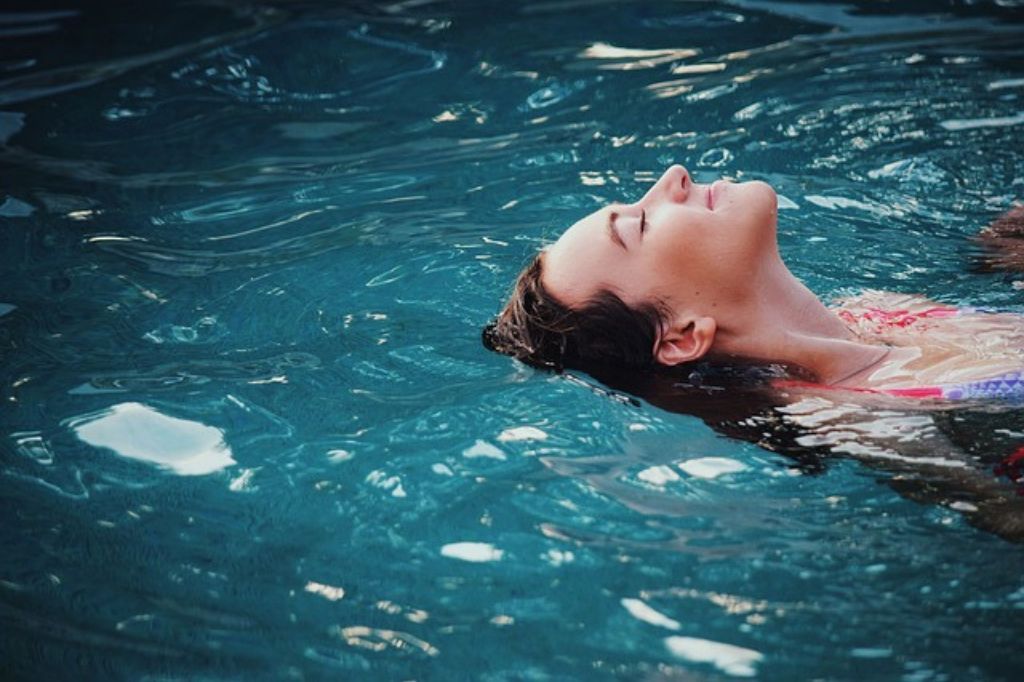Research team explore floatation and relaxation for ESP project
Date 8.11.2022

Understanding the process of extrasensory perception (ESP) is the mission statement for one University of Northampton (UON) team.
The University’s Parapsychology group* are looking at how some people experience precognition (having prior knowledge or information about events before they happen) and for their new research are diving deeper into factors that could influence this – using a floatation tank.
This follows decades of Ganzfeld tests which have revealed significant ESP results. In the Ganzfeld test, participants relax in a dark, quiet environment that restricts sensory information.
With the team’s floatation tank (located in the University’s Sports Zone), they aim to go further by having participants also float on warm, buoyant water which helps induce a dreamy state of consciousness.
The set up involves spending approximately 45 minutes in the tank and getting used to an altered state of consciousness. As participants become calm and lose sense of their external surroundings and physical body, they concentrate on their internal impressions, sensations and thoughts – just like when we fall asleep.
The researchers will listen and recording anything that is said in the tank and when ‘tank time’ is up, the researchers ask volunteers to further recollect what they experienced and write/draw what comes to mind.
The final part of the test involves participants watching four random film or TV clips and ranking them in order of which one(s) they felt more strongly matched their in-tank experiences. A computer then randomly selects which of the clips is the ‘target’ the volunteer should match with their most vivid recollection, and it’s revealed whether this correlates with the volunteer’s earlier match, suggesting whether precognitive thoughts happened or not.
Kirsty Allan, PhD student at the University, is co-leading the research. She says: “Floatation tanks are well known for their meditative and therapeutic properties. I’ve used floatation myself and it is extremely relaxing and beneficial to wellbeing in many ways. So, they are absolutely the right way for us to further explore this fascinating area of human consciousness exploration.
“We’re looking for a broad selection of people to take part in the research and lend us their insights and experience as what we are looking into, touches every one of us. People of all backgrounds and experience who are intrigued or excited by the floatation idea are welcome. If you are interested in taking part, just drop me a message.”
If you want further information, please email kirsty.allan@northampton.ac.uk
*The Parapsychology team are part of the University’s Centre for Psychology and Social Sciences.